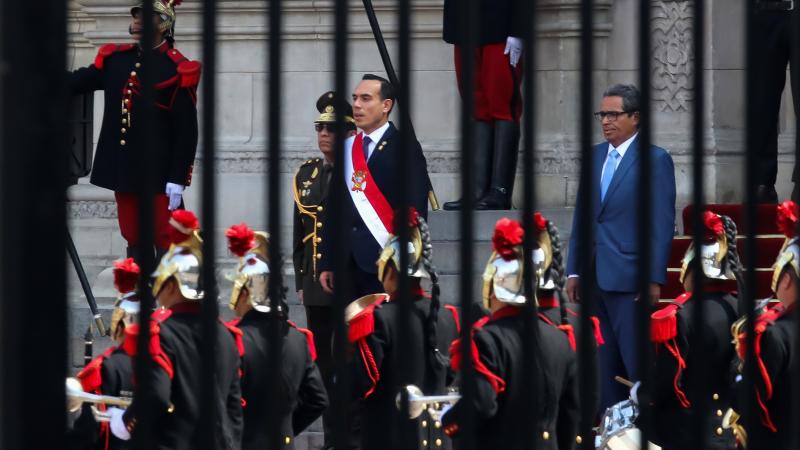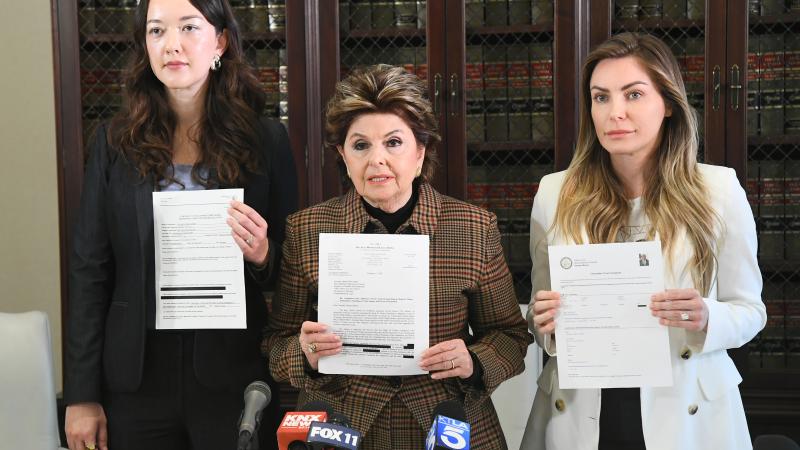Biden-McCarthy joint plan could cut spending by $1.5T over 10 years, CBO estimates
At least one House Republican, North Carolina Rep. Dan Bishop, has expressed support for ousting McCarthy from the speakership over the deal.
A proposed compromise plan to raise the debt ceiling and cap domestic discretionary spending could reduce federal spending by as much as $1.5 trillion over 10 years, according to an estimate from the Congressional Budget Office.
Spearheaded by House Speaker Kevin McCarthy and President Joe Biden, the plan faces uncertain prospects in both the House and Senate as the June 5 deadline to avert a default looms.
"Reductions in projected discretionary outlays would amount to $1.3 trillion over the 2024–2033 period," wrote CBO Director Phillip Swagel in a Tuesday letter to lawmakers that The Hill obtained. "Mandatory spending would, on net, decrease by $10 billion, and revenues would, on net, decrease by $2 billion over the 2023–2033 period... As a consequence, interest on the public debt would decline by $188 billion."
That estimate comes as conservative lawmakers express dissatisfaction with the agreement, contending that it does not adequately address their concerns about runaway spending and the national debt.
At least one House Republican, North Carolina Rep. Dan Bishop, has expressed support for ousting McCarthy from the speakership over the deal.
McCarthy secured the Speaker's gavel after multiple rounds of voting, making concessions to House conservatives in order to win over majority support for his leadership. While Bishop remains the only lawmaker to have publicly supported his removal so far, McCarthy can ill afford any dissent to retain his position in the narrowly-divided House.
Ben Whedon is an editor and reporter for Just the News. Follow him on Twitter.














